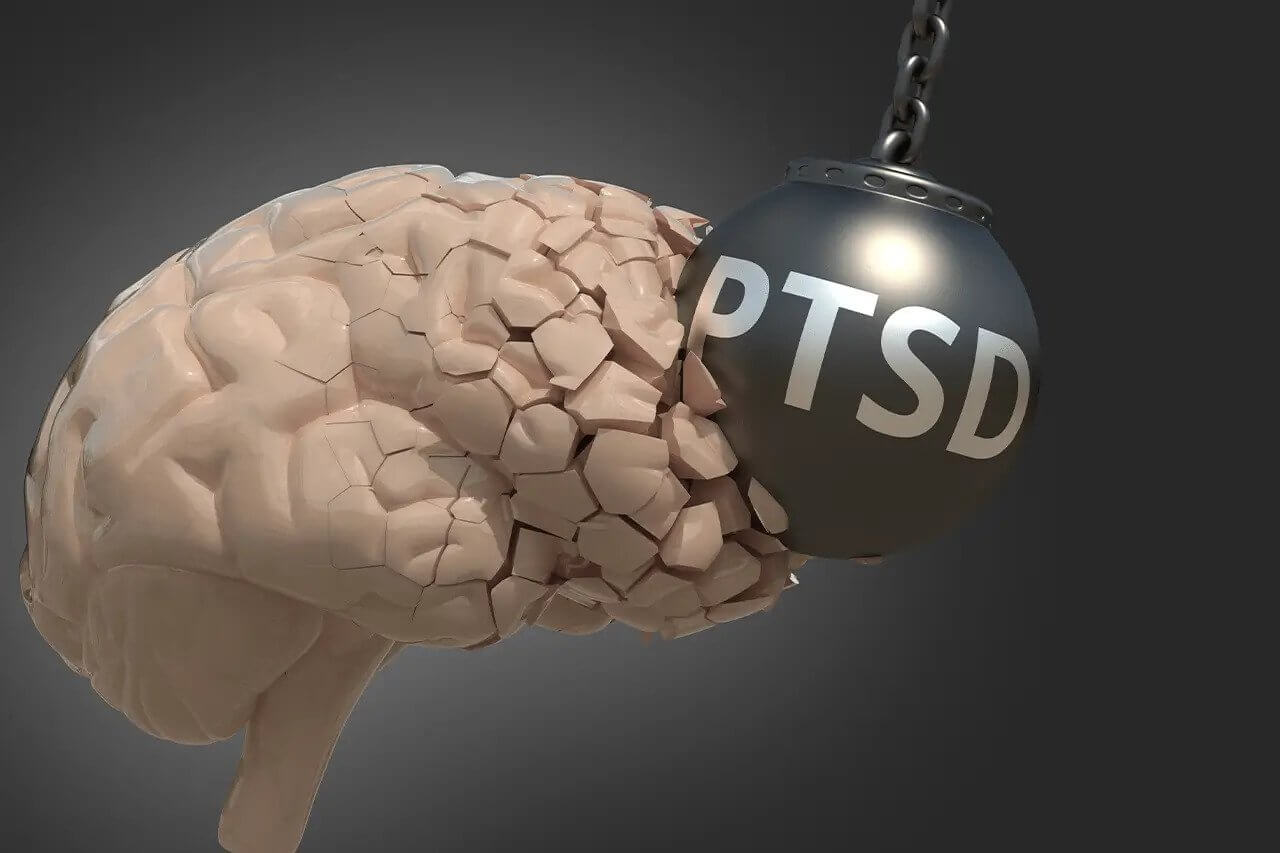Post-traumatic stress disorder (PTSD) is a mental health condition that can develop after experiencing or witnessing a traumatic event. It is estimated that approximately 7-8% of the population will experience PTSD at some point in their lives. Symptoms of PTSD can include flashbacks, nightmares, avoidance behaviors, and hypervigilance, among others. While traditional therapies such as therapy and medication can be effective in treating PTSD, some individuals may not find relief with these treatments. In recent years, ketamine therapy has emerged as a potential treatment option for PTSD. In this blog post, we’ll explore what ketamine therapy is and whether it can help relieve PTSD symptoms.
What is Ketamine Therapy?
Ketamine is a dissociative anesthetic that has been used for decades in medical settings for anesthesia and pain management. In recent years, it has gained attention as a potential treatment option for mental health conditions such as depression, anxiety, and PTSD. Ketamine therapy involves administering ketamine in a controlled environment, such as a medical clinic, under the supervision of a healthcare provider.
Ketamine therapy for PTSD typically involves a series of infusions over several weeks, with each infusion lasting approximately 40 minutes. During the infusion, the individual will experience dissociation, a feeling of being detached from one’s surroundings or one’s own thoughts and feelings. While dissociation can be unsettling for some individuals, it is generally temporary and resolves on its own.
How Does Ketamine Therapy Work for PTSD?
The exact mechanism of how ketamine therapy works for PTSD is not fully understood. However, researchers believe that it works by promoting the growth of new neural connections in the brain, particularly in the areas of the brain that are involved in regulating emotions and processing memories.
Studies have shown that ketamine therapy can lead to a reduction in PTSD symptoms, particularly in individuals who have not found relief with traditional therapies such as therapy and medication. In a 2018 study published in the Journal of Clinical Psychiatry, researchers found that a single ketamine infusion led to a significant reduction in PTSD symptoms in veterans. Another study published in the Journal of Psychopharmacology in 2016 found that ketamine therapy led to a significant reduction in PTSD symptoms in individuals who had not responded to traditional therapies.
Side Effects of Ketamine Therapy for PTSD
While ketamine therapy for PTSD is generally well-tolerated, it is not without risks. Some potential side effects of ketamine therapy can include:
Dissociation: As mentioned above, dissociation is a common side effect of ketamine therapy. While it is generally temporary and resolves on its own, it can be unsettling for some individuals.
Increased Blood Pressure and Heart Rate: Ketamine can cause an increase in blood pressure and heart rate, particularly in individuals with preexisting cardiovascular conditions. As a result, it’s important for individuals considering ketamine therapy to undergo a thorough medical evaluation to ensure that it’s safe for them.
Drug Interactions: Ketamine can interact with other medications, including antidepressants and blood pressure medications, so it’s important to inform your healthcare provider of all medications you are taking before undergoing ketamine therapy.
Is Ketamine Therapy Right for You?
If you are struggling with PTSD and have not found relief with traditional therapies, ketamine therapy may be an option worth exploring. However, it’s important to discuss the potential risks and benefits with your healthcare provider to determine whether ketamine therapy is right for you.
It’s also important to note that ketamine therapy should not be used as a first-line treatment for PTSD. Traditional therapies such as therapy and medication should be tried first, and ketamine therapy should only be considered if these treatments have been unsuccessful.
Conclusion
Ketamine therapy may be a promising option for individuals suffering from PTSD. While it is still a relatively new treatment option, early research suggests that it may be effective in reducing symptoms of PTSD, including anxiety, depression, and suicidal thoughts. It may also help to improve overall quality of life and functioning for individuals with PTSD.
It’s important to note that ketamine therapy should always be conducted under the supervision of a licensed healthcare provider in a safe and controlled environment. While it may be a relatively safe treatment option for most individuals, there are potential side effects that should be monitored and addressed as needed.
If you or someone you know is struggling with PTSD, it’s important to seek help from a qualified mental health professional. Ketamine therapy may be one option to consider, but it’s important to discuss all available treatment options with a healthcare provider to determine the best course of action for each individual’s unique needs and circumstances. With the right treatment and support, it is possible to manage symptoms of PTSD and improve overall well-being.

